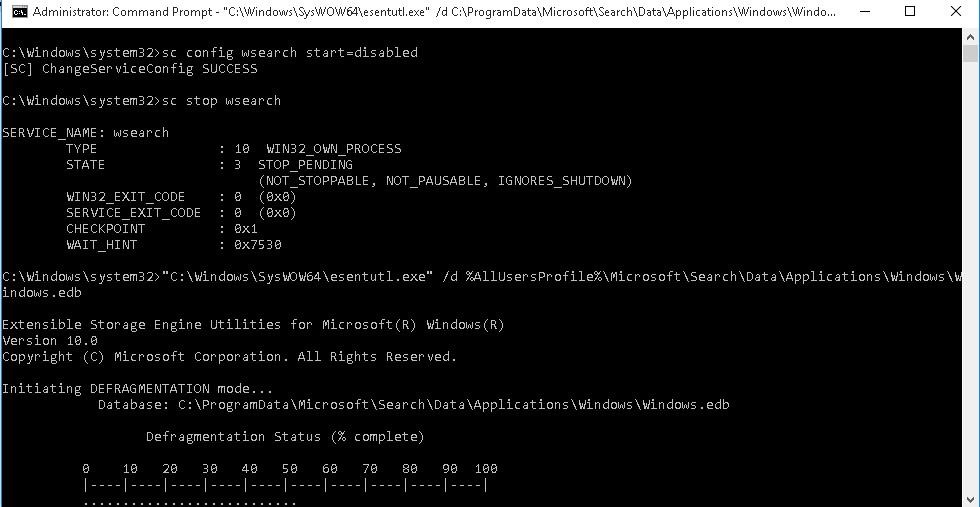

Do I need an attorney to make a will in South Carolina? So you should definitely make your will self proved to help your loved ones avoid this hassle.
#DOES A WILL HAVE TO BE NOTARIZED AND FILED IN SC D CODE#
SC Code of Law § 62-2-503.īy the time a will is submitted to a court, it can be difficult to find witnesses and bring them all to court - not to mention the legal costs. So, when an affidavit states that the will was properly executed, it’s as good as in-court testimony, and the witnesses don’t need to show up when it’s time for the will to be admitted to court. Therefore, an affidavit before a notary public is like making a statement in court. An affidavit is a sworn statement, and a notary public is an officer of the court. How does it work? To make a will self-proved in South Carolina, the testator and witnesses must sign a “self proving affidavit” before a notary public. (When a will that isn’t self proved is submitted to the probate court, the court will require testimony from witnesses, or other proof, to establish that the will is what it claims to be.) A self proved will can be admitted to probate court without the testimony of the witnesses to the will.

Under South Carolina law, a will that meets certain requirements - including proper notarization - is “self proved”. You should definitely have your will notarized. (3) signed by at least two individuals each of whom witnessed either the signing or the testator’s acknowledgment of the signature or of the will.Īlthough there are various exceptions and special rules, these are the standard requirements for South Carolina wills. (2) signed by the testator or signed in the testator’s name by some other individual in the testator’s presence and by the testator’s direction and Regarding the will itself, the standard requirements are set forth in SC Code of Law § 62-2-502. If a testator believes there might be any doubt as to his or her mental capacity at the time of the signing, a letter from a doctor affirming mental competence generally can be included with the will. Even a person with dementia or Alzheimer’s may be deemed to have a sound mind, if lucid at the moment of signing. More specifically, it means that at the time the will is made, you understand that you’re creating a will, the nature of the property you own, and to whom you’re leaving your property. Sound mind generally means that you’re aware of your actions when creating the will. Testator RequirementsĪn individual who is of sound mind and who is not a minor. There are requirements for both the person making the will (called a “testator”), and for the will itself. To make a valid will in South Carolina, certain legal requirements must be met. Please note that birth certificates, marriage certificates, death certificates, divorce decrees, court documents, and federally-issued documents cannot be certified by a notary public as “true copies.” These documents must be certified by the secretary of state.Ĥ) All documents in a foreign language must be translated into English by a certified translator and notarized as a true translation.Making a Will in South Carolina South Carolina Will Requirements


 0 kommentar(er)
0 kommentar(er)
